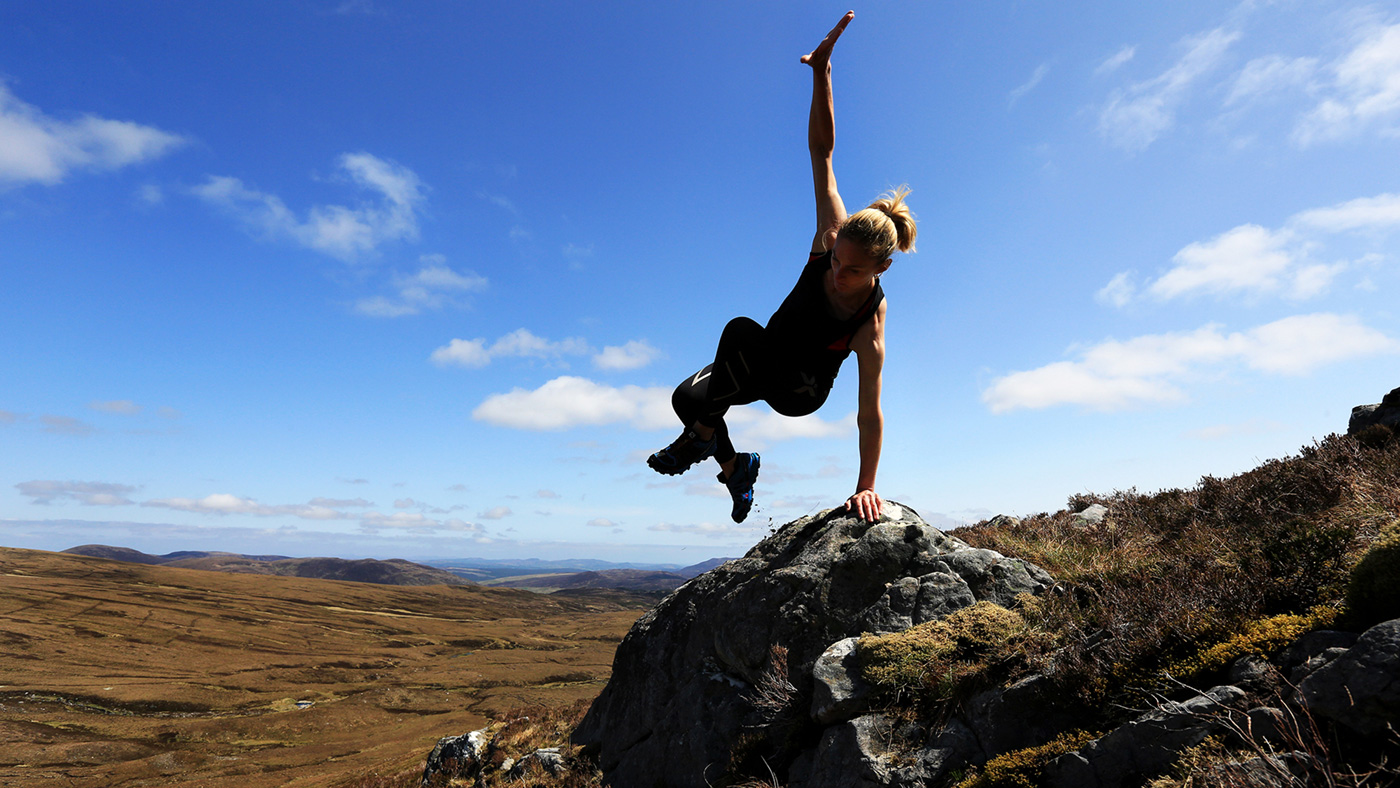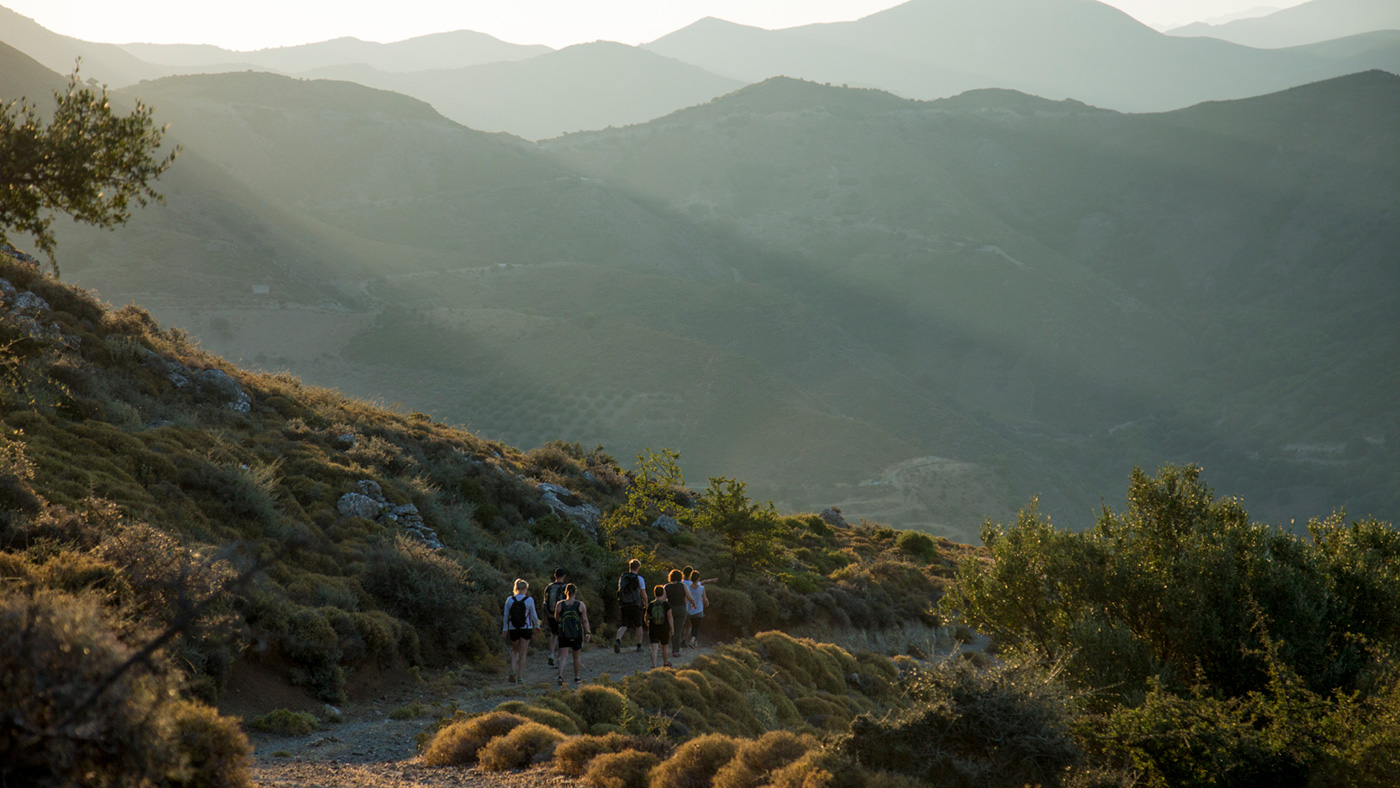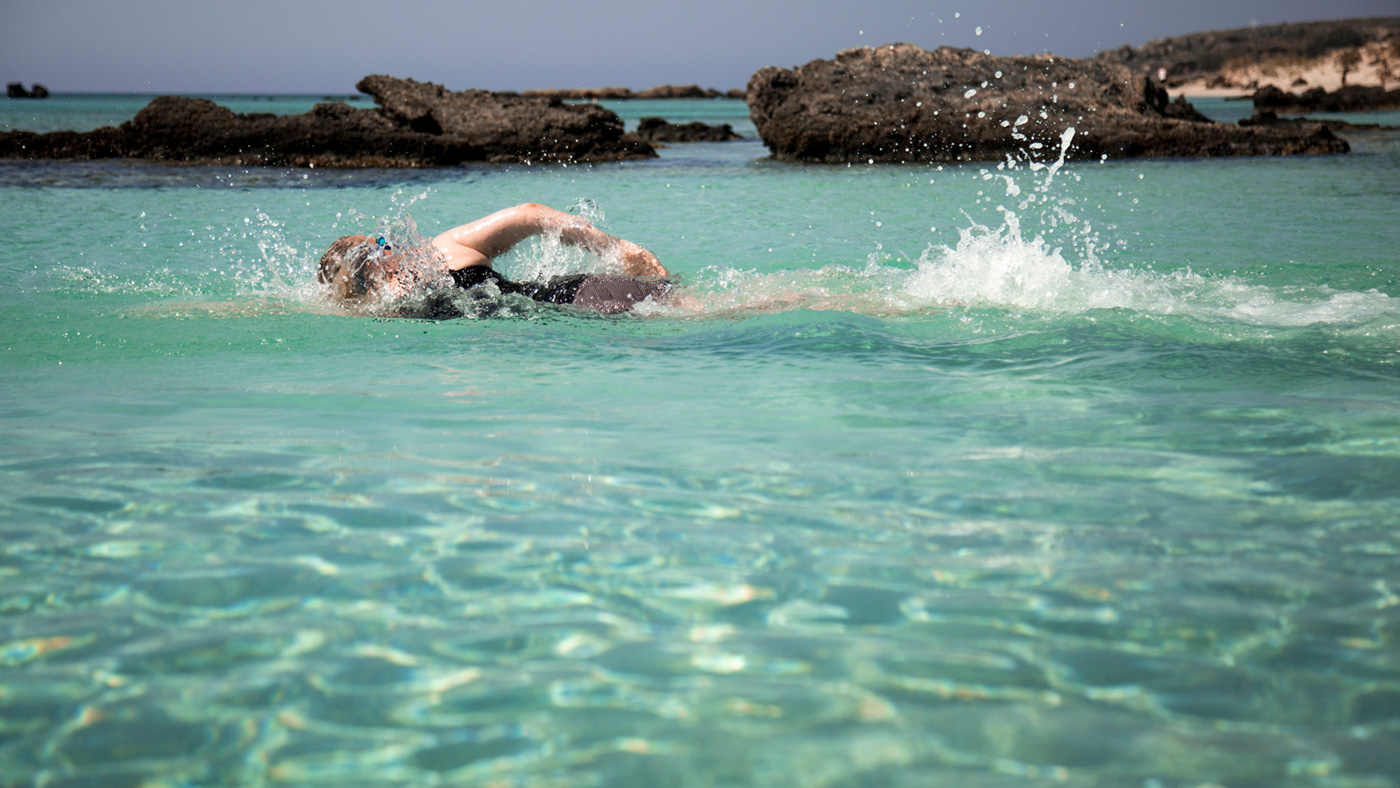Wildfitness: Going back to nature
Eric Walters of the retreat experts talks about how early man knew best and three of the key ingredients to overall wellbeing

A free daily email with the biggest news stories of the day – and the best features from TheWeek.com
You are now subscribed
Your newsletter sign-up was successful
If you look to how our ancestors lived and compare what they were good at to how we live now and how we are suffering, then there are plenty of tools we can use to improve our quality of life – from what we eat to how we move.
Our food today is highly processed, contains many artificial sugars, focuses on a lot more grains than our ancestors ate and is lacking in diversity. On our retreats, we encourage eating fresh, locally sourced and responsibly produced foods. We serve plenty of leafy greens, some meat, nuts and legumes. Dairy does feature in limited amounts – the Greek yogurt in Crete is a must-try, for example. We are not dictatorial in our approach; we understand that life gets in the way of good intentions sometimes. American author Michael Pollan's words are good to live by: 'Eat food. Not too much. Mostly plants.' Throw in 'from a healthy eco-system' and that sums up our approach.

So many of us spend the majority of our time sitting at computers, on trains and in cars and this type of movement is, like our food, lacking in diversity. Even those of us who are loyal to the gym are often mindlessly lifting weights or running on a treadmill, exercising within a similarly limited range of movement. On our retreats, we use nature as our obstacle course and try to bring back varied movement as much as we can; we climb trees, play games on the beach, kickbox. We aim for variation in strength and flexibility and incorporate as many natural movements as possible.
The Week
Escape your echo chamber. Get the facts behind the news, plus analysis from multiple perspectives.

Sign up for The Week's Free Newsletters
From our morning news briefing to a weekly Good News Newsletter, get the best of The Week delivered directly to your inbox.
From our morning news briefing to a weekly Good News Newsletter, get the best of The Week delivered directly to your inbox.
While many of us suffer from this lack of diversity in what we eat and how we move, few of us also get enough rest. Even those who do eat well and spend enough time moving often don't give their bodies adequate time to stop and relax. It's almost something people feel guilty about, because they believe they must be constantly active and achieving if they are awake. Stereotypically, it's busy urban professionals who are trying to accomplish too much in the 24-hour day. But your body really appreciates repose in terms of having time to digest food and repair and build muscle. We go out of our way to make sure our clients have a suitable dose of rest on our retreats.

For a lot of people, it's a matter of confidence – many don't believe they are fit enough. But after just three or four days, they realise how incredibly impressive their bodies are; you can do three work-outs in one day, get up the next (maybe feeling a few muscles you couldn't feel before), but be able to work-out again. And, because so many of us suffer from a lack of awareness about our bodies generally, we like to equip our clients with the knowledge of how to do a 15-20 minute check on their muscles and joints and how to address any issues. Of course, there isn't a one-size-fits-all – wellbeing requires a diverse approach, appropriate to the individual – but everyone can benefit from incorporating nature into their routine. There's plenty of research showing that being outdoors – even for just 10 minutes a day – can relieve the symptoms of a range of issues, from blood pressure to depression. It's key that, even if you're a busy urban professional, you embrace nature in whatever context you can.
ERIC WALTERS is director of Wildfitness, which was set up in 2001 by Tara Wood after she saw the transformative and energising effect on her friends of staying at her family home in Kenya where they played on the beach, ate well and rested. After consulting research on the positive effects of exercising in nature, she organized the first retreats, which now take place in Barcelona, Berlin, Crete, Croatia, London, New York, Norfolk, Scotland and Zanzibar. Retreats from £500; wildfitness.com
A free daily email with the biggest news stories of the day – and the best features from TheWeek.com